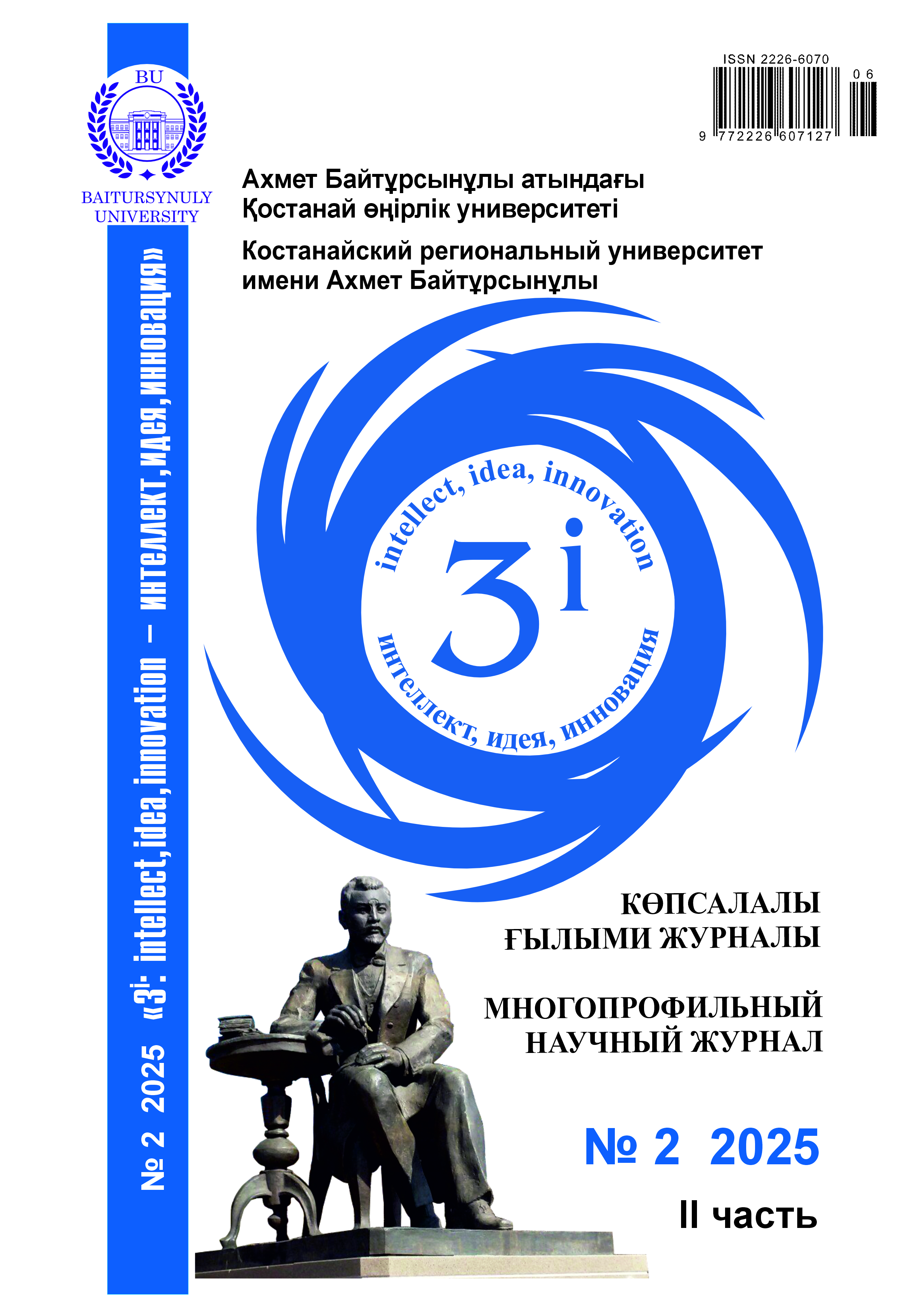ОЦЕНКА ЭФФЕКТИВНОСТИ ИСПОЛЬЗОВАНИЯ ТЕХНОЛОГИИ ФАСИЛИТАЦИИ В ПОВЫШЕНИИ КАЧЕСТВА РЕАЛИЗАЦИИ МОДЕЛИ ДУАЛЬНОГО ОБУЧЕНИЯ В ВУЗЕ
DOI:
https://doi.org/10.52269/RWEP2522248Ключевые слова:
оценка эффективности, дуальное образование, фасилитационная модель дуального обучения, технология фасилитации, усовершенствование системыАннотация
В данной статье оценивается эффективность технологии фасилитации в повышении качества реализации дуального обучения в вузе. Актуальность исследования обусловлена необходимостью поиска стратегий, способствующих усилению социального партнерства между университетом и производством в рамках дуального обучения. Целью исследования являлась оценка эффективности использования технологии фасилитации в повышении качества реализации дуального обучения в вузе. В фокусе научного исследования рассмотрены следующие вопросы: определение реального состояния реализации дуального обучения в вузе, усовершенствование модели дуального обучения на основе технологии фасилитации и оценка эффективности использования технологии фасилитации в образовании. Для этого использовались следующие методы: экспресс-опрос, количественно-качественный анализ, метод фасилитации «Саммит позитивных перемен», статистический тест Левена, а также методы оценивания перцептивной и фактической эффективности использования технологии фасилитации в образовании (ресурсоотдача и ресурсоемкость). Результаты свидетельствовали об эффективности использования технологии фасилитации в повышении качества модели дуального обучения в условиях казахстанской системы высшего образования. Предложенный подход в образовании может быть использован исследователями или практиками для расширения участия работодателей в решении образовательных услуг и оценки эффективности различных видов обучения.




